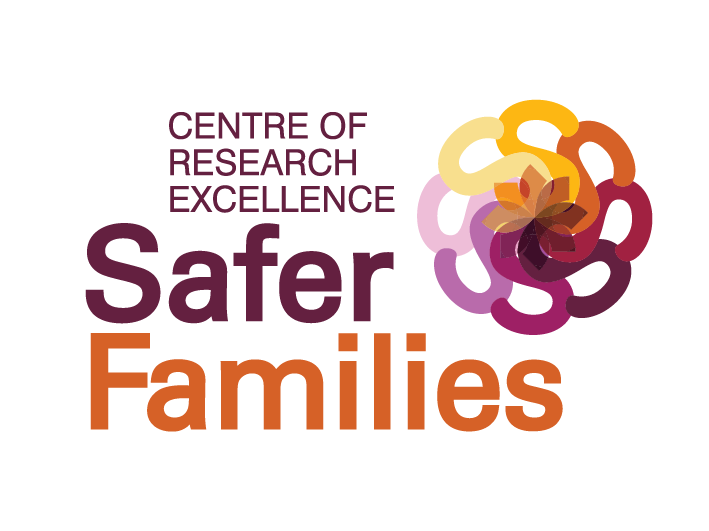Outcomes from Safer Families Festival of Ideas 2023
Transforming the health sector to address domestic abuse and family violence - Festival of Ideas, 24 May
The Safer Families Centre was proud to bring together over 100 advocates and experts on May 24 to discuss and decide on how best to utilise the Centre’s latest research to work together to improve the health system response to domestic abuse and family violence.
Thank you to the Hon. Ros Spence, Minister for Prevention of Family Violence and University of Melbourne Deputy Dean, Prof. Mike McGuckin for opening the event.
Future research priorities
Participants helped to set an agenda of research priorities for domestic and family violence (DFV) and health. This forms part of a Delphi study which is still open.
Preliminary top 5 research priorities (as voted by participants) were:
How is trauma informed care understood and delivered in health care?
What innovative ways could health funding better support the needs of victim survivors of DFV?
What do children and young people who have experienced DFV want or expect from health practitioners?
What therapeutic interventions improve outcomes for infants and children who have experienced DFV?
What long term health impacts (mental health, physical health, chronic disease) are victim survivors experiencing?
If you have not yet had your say, you still can by completing the Delphi Survey by June 8.
Health system resources
The room was buzzing during our World Café conversation session. Delegates had the opportunity to delve into the suite of health system programs, resources and tools offered by the Centre to help health practitioners identify domestic violence early, provide a first line response and promote safety, wellbeing and healing. Follow the links HERE to see what was on offer.
Provide feedback about our festival
If you attended the day, please complete our feedback survey by June 8.
Evidence Briefs to inform policy and practice in the health sector
Core to the day’s conversation was the Centre’s latest series of evidence briefs which form a new bedrock for ‘Translating evidence to inform policy and practice in the health sector’. Following a welcome from WEAVERS lived experience advocate, Lily Fetter; Centre Director, Kelsey Hegarty presented the briefs alongside Senior Research Fellow, Margaret Kertesz. The briefs can be accessed HERE.
Policy action goals from the day
Based on the Centre’s evidence-based recommendations, participants identified key policy actions and voted the top 3 policy changes they would like to see actioned.
Preliminary top policy actions (as voted by participants) were to:
Introduce mandatory standard national trauma accreditation and guidelines.
Fund and enable family violence care navigators across primary, secondary and tertiary sectors led by lived experience voice.
Develop and evaluate perpetrator early intervention programs.
There were 22 policy actions in total identified, several of which we plan to theme together to form more comprehensive policy directions. These will inform forthcoming work by the Safer Families Centre for continued advocacy in the health sector.
Codesigning research with survivors
A new Australian Framework for the Ethical Co-production of Research with Victim Survivors was presented by victim-survivor and WEAVERS lived experience group member, Lula Demble; and WEAVERS academic lead, Katie Lamb.
Based on feedback provided though small group work on the day, a new version of the Framework will be released soon. In the meantime, the current version can be accessed HERE.


